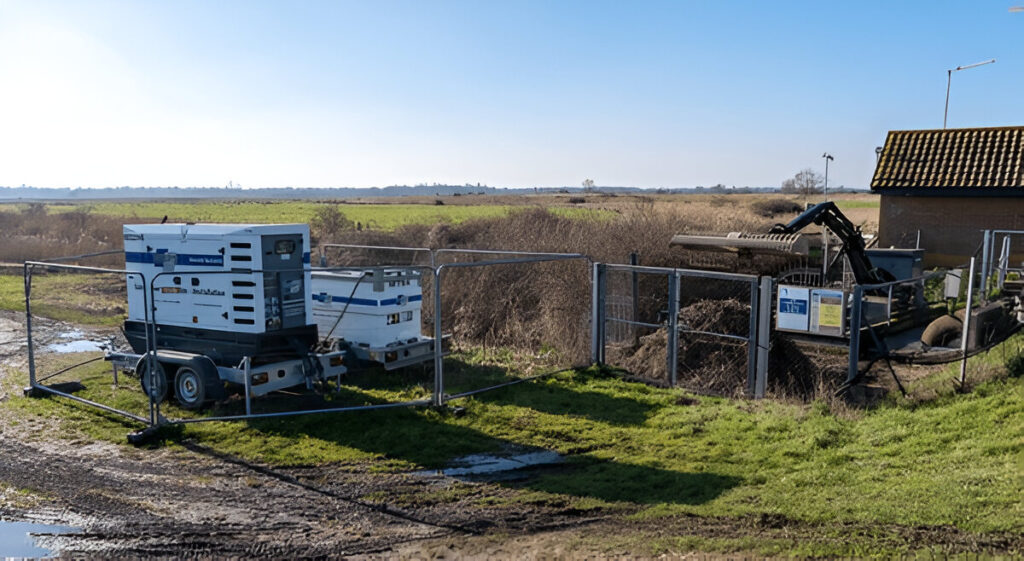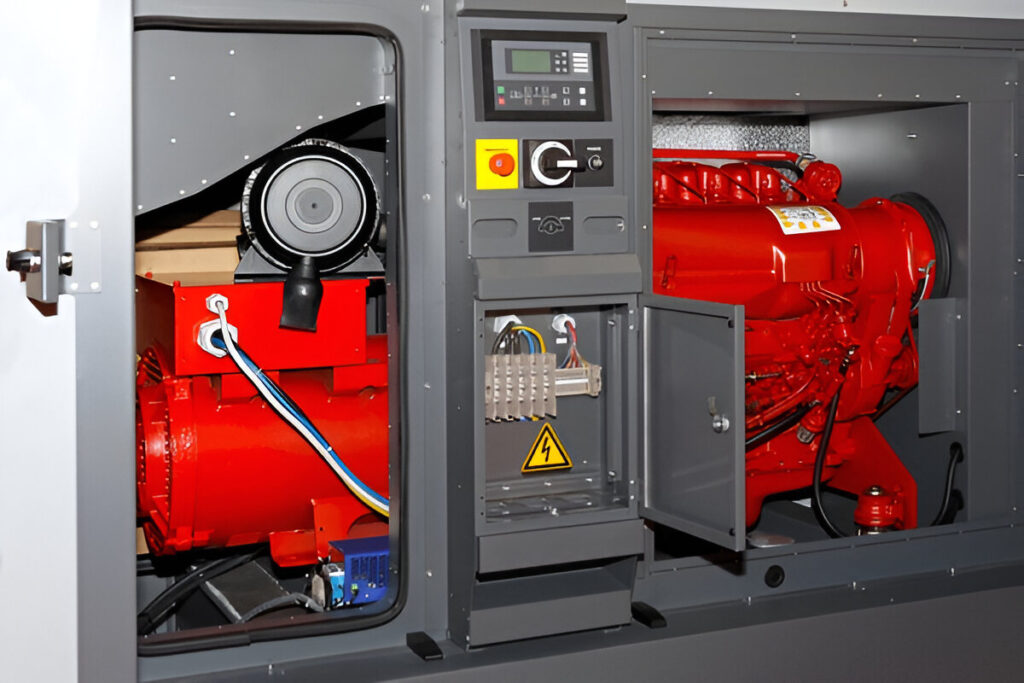Choosing between diesel and gas generators is a critical decision for businesses and homeowners looking to ensure reliable backup power. Each type offers distinct advantages and limitations depending on the application, fuel availability, and long-term operational costs. In this article, we’ll break down the key differences to help you determine which option best fits your needs.
Fuel Efficiency and Cost
One of the most significant differences between diesel and gas generators is fuel efficiency. Diesel fueled generators tend to be more fuel-efficient than their gas counterparts, especially when operating under heavy loads. This efficiency translates into lower fuel consumption over time, making diesel an economical choice for long-term or continuous use.
Gas generators, on the other hand, typically have a lower upfront cost but may end up costing more in the long run due to higher fuel consumption. If you’re looking for a generator for sale for regular, heavy-duty usage, diesel might be your better bet.
Maintenance and Longevity
Diesel engines are built for durability and can operate for longer periods between maintenance intervals. Their engines have fewer components that wear out, resulting in a longer operational life. This makes diesel models particularly suitable for industrial or remote applications where consistent, long-term use is required.
Gas generators often need more frequent maintenance, particularly for components like spark plugs and carburetors. For buyers considering a used generator for sale, diesel units may offer more dependable longevity.
Power Output and Performance
When it comes to power output, diesel generators are known for their superior performance under load. They’re the preferred choice for high-capacity needs, such as hospitals, data centers, and manufacturing facilities. Leading brands like CAT generators and Cummins generator Canada are trusted in critical applications due to their high reliability and consistent power delivery.
Gas generators are sufficient for lighter residential or small commercial use. However, they may struggle with sustained high loads, making them less suitable for industrial-scale operations.
Environmental Considerations
Gas generators tend to emit fewer particulates and can be considered a cleaner-burning option compared to older diesel models. However, modern diesel engines have evolved significantly and now meet strict emission regulations. Advanced technologies such as diesel particulate filters and selective catalytic reduction have made diesel fueled generators more environmentally friendly.
Additionally, diesel fuel is less flammable than gasoline, offering a safety advantage in storage and handling—especially in large-scale or remote installations.
Availability and Versatility
In Canada, where extreme weather conditions can impact fuel storage and access, diesel is often preferred for its higher energy density and cold-weather performance. If you’re shopping for a standby generator Canada or a backup generator Canada for use in remote or rural areas, diesel models provide enhanced reliability and ease of refueling.
That said, gas generators can be a convenient option for urban settings or areas with easy access to natural gas lines, making refueling simple and cost-effective.
Which Generator Should You Choose?
Ultimately, your choice depends on your specific requirements:
- Choose Diesel If:
- You need consistent high power output.
- Long-term fuel efficiency is important.
- You want minimal maintenance and long lifespan.
- You’re in a rural or off-grid area needing reliable fuel storage.
- Choose Gas If:
- You need a more budget-friendly, short-term solution.
- You have access to a natural gas line.
- You prioritize lower initial emissions and noise.
For those still exploring options, BC Generators offers a wide range of choices, including diesel fueled generators and brand-name units like CAT generators and Cummins generator Canada. Whether you’re looking for a new or used generator for sale, our inventory can meet your needs across residential, commercial, and industrial applications.





